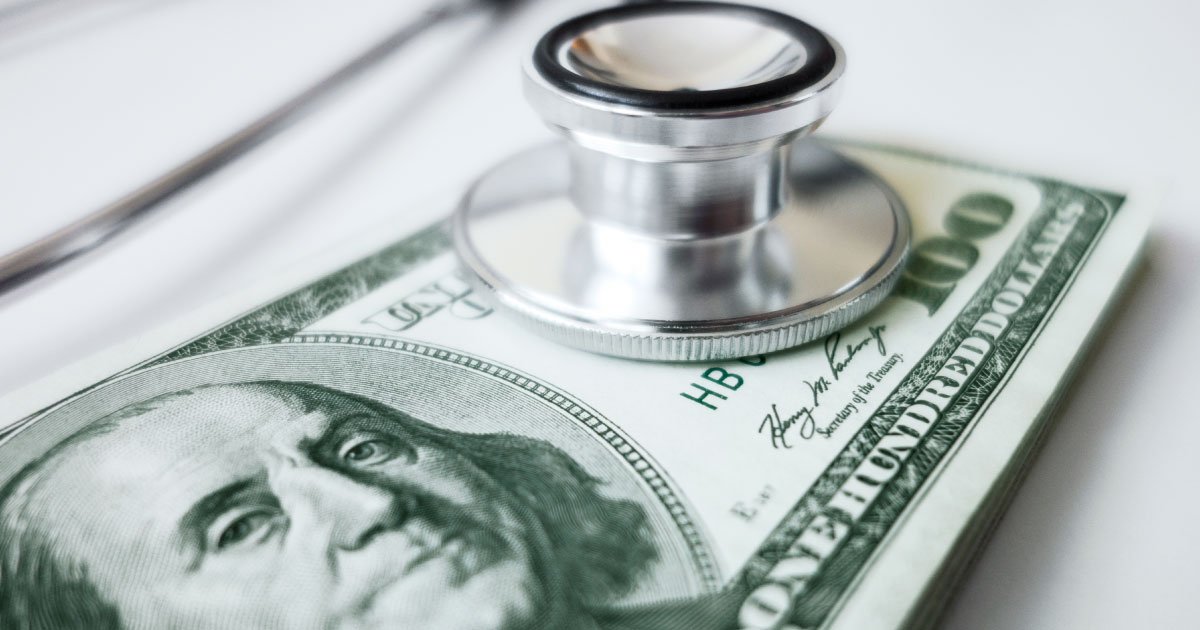","after_title":"","widget_id":"widget-0-0-1"}}" />[/siteorigin_widget]
In the first week of April 2018, every major stock index bounced around like a kid on a sugar high. What with inflation fears, reservations about technology companies and trade war threats between the globe’s two largest trade powers, stock indexes produced the “worst start to April since the Great Depression,” according to CNBC.
Reactions were even more volatile. CNBC, for example, quoted one analyst who predicted a recession and 40 percent drop in stock prices, and another who said the downturn was almost over and the S&P 500 would rise 13 percent this year. But let’s give the network props for managing to get the words “big puke” into a headline.
On the same day, Barron’s informed us that “Fantastic earnings won’t save this stock market,” and “Monday’s market plunge won’t last: JPMorgan.”
Confused? Us too. This site’s not going to tell you how to manage your 401(K). You’ve got much better resources for that. But while you’re investing for your financial future, here are a few other things you should consider investing in.
Invest in short-term savings
Everyone’s heard the recommendation: Save so you can cover six months’ worth of expenses.
That’s not feasible for everybody. Yet, can you save $2,000 over time? That’s what the typical financial emergency costs, according to a survey by the Pew Charitable Trusts.
Many plans online can help you save money. Consider one like this 52-week savings plan from Kiplinger. Save $1 the first week, $2 the second, $3 the third and so on. By the end of the year you’ll be saving $52 per week and you’ll have almost $1,400 in savings.
Also, it’s income tax season. (Have you filed yet? Tick, tock.) If you’re one of the 83 percent of Americans who’ll get an income tax refund, consider using some of it to jump-start savings.
Invest in emergency cash
Ann House, coordinator of the Personal Money Management Center at the University of Utah, suggested keeping up to $1,000 in small bills.
“If you were out of water, and somebody came by with a water selling wagon, you might be giving the person a $100 bill for water. It’s $1 bills that are going to come in handy for emergencies,” she said.
Try to pay cash at places like the grocery store. Then, when you get home, stick the small bills and change in a piggy bank. It adds up quickly.
Invest in debt reduction
Americans’ credit card debt hit a new record of $1.023 trillion in January, according to the Federal Reserve.
Think about ways you can pay down debt. Again, the internet has numerous ideas. This story from USA Today has a few.
Also, consider using an income tax refund to pay down short-term debt.
Invest in insurance
After Hurricane Harvey, people whose homes were damaged or destroyed and who didn’t have flood insurance got an average of $4,000 from the Federal Emergency Management Agency, said Daniel Kaniewski, FEMA’s deputy administrator, in a speech April 4 at George Washington University.
People with flood insurance got an average payout of $110,000, he added.
“Unless you think you can rebuild your home for $4,000, I suggest everyone have insurance, including flood insurance, because any home can flood,” he said.
Shelly Robertson, from Pleasant Grove, Utah, said her family doesn’t have a lot of income. Yet they pay slightly higher insurance premiums every month so they’ll have a lower deductible in case of damage to their home or vehicles.
“You pay more, but if you don’t have cash in hand to cover (emergency repairs), you will suck up the loss,” she said. “We have a $500 car and rental deductible, because we quite frankly cannot come up with more than $500.”
Invest in Long-term Food Storage
If you’re ever in a situation where you’d have to choose between paying for food and paying for other needs, wouldn’t it be nice to have long-term food storage so you could minimize your food budget?
Check the internet for plans to build up long-term food storage. Start small. Buy one can of something when you’re shopping. Emergency Essentials has “PrepAsYouGo” plans where you buy a year’s worth of food one month at a time. Or, again, use your income tax refund to invest in food storage.
There’s no such thing as perpetual motion. But people seem to forget that when investing or making any plans for the future. The stock market may rise to record heights. You may go for months or years without a major financial emergency. But laws of thermodynamics always apply, markets always correct themselves and life always happens. So prepare financially.

